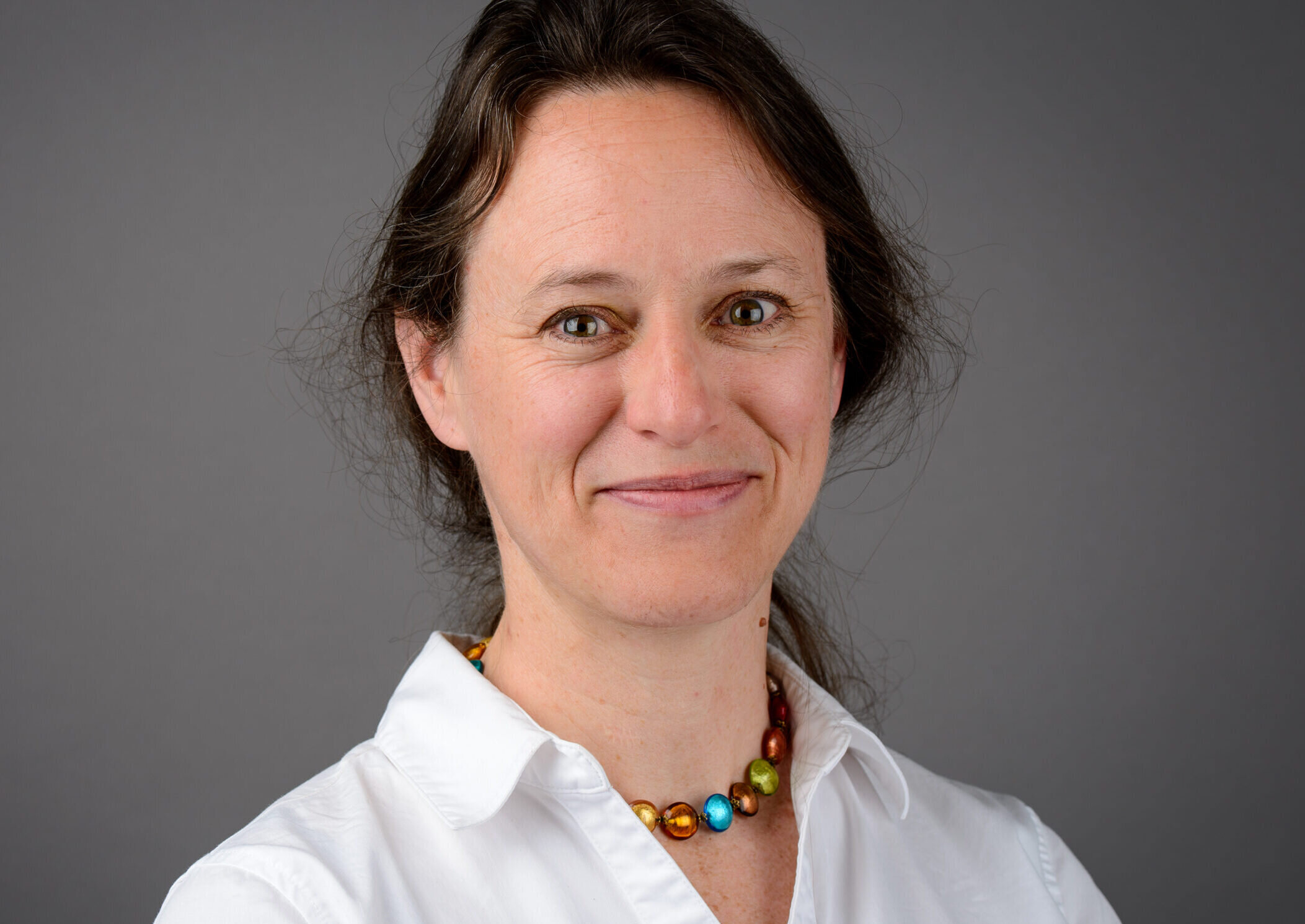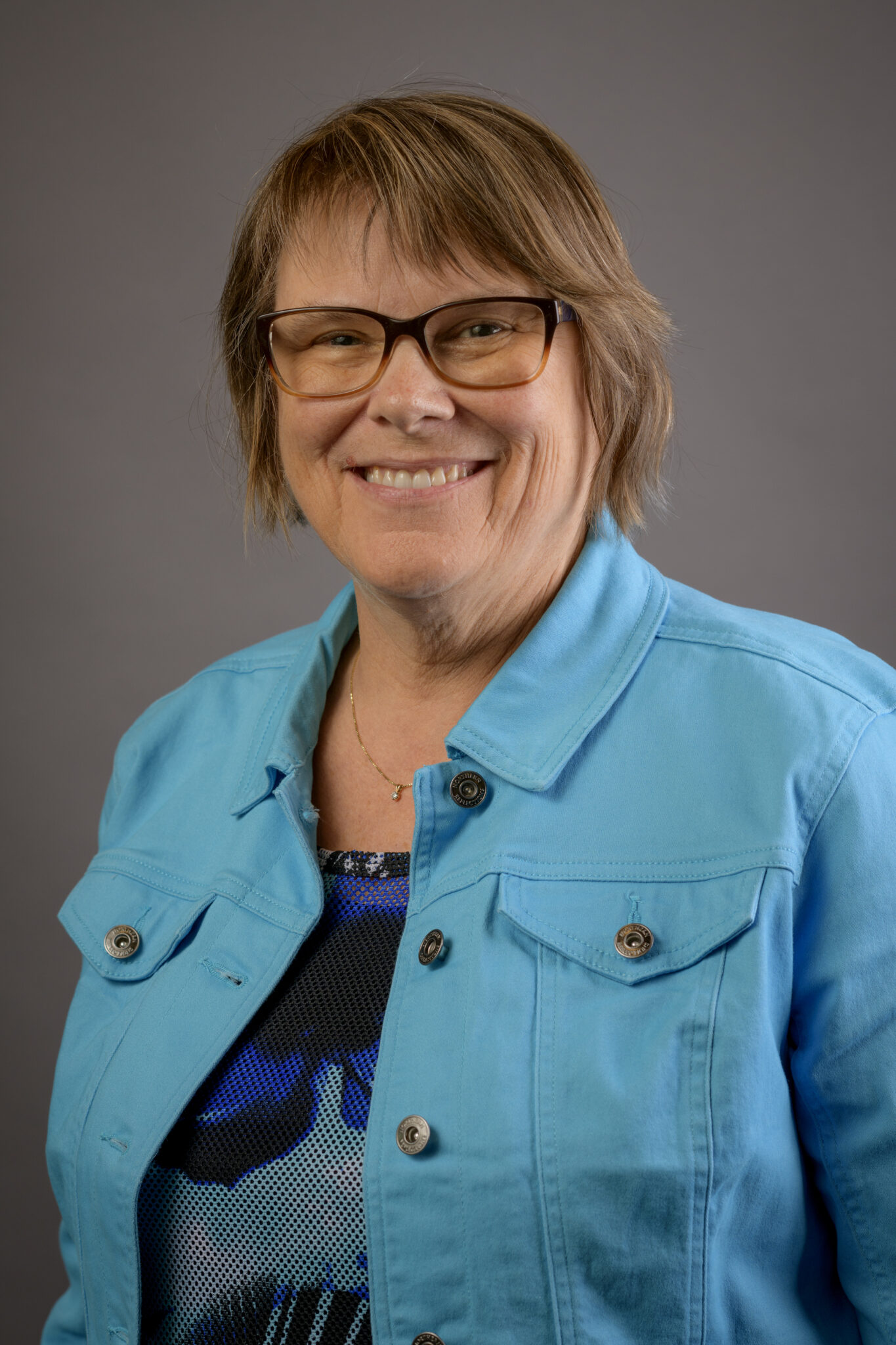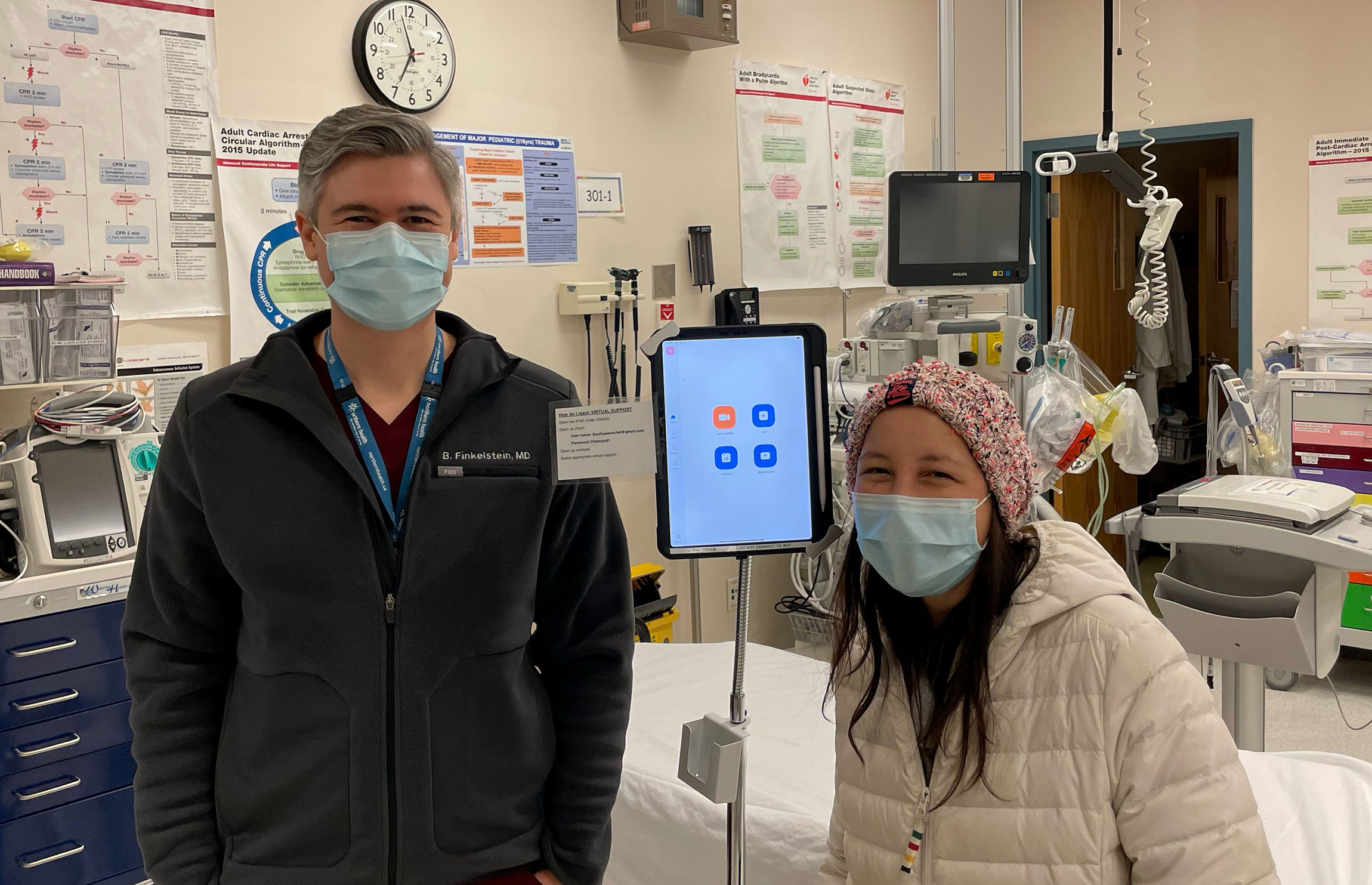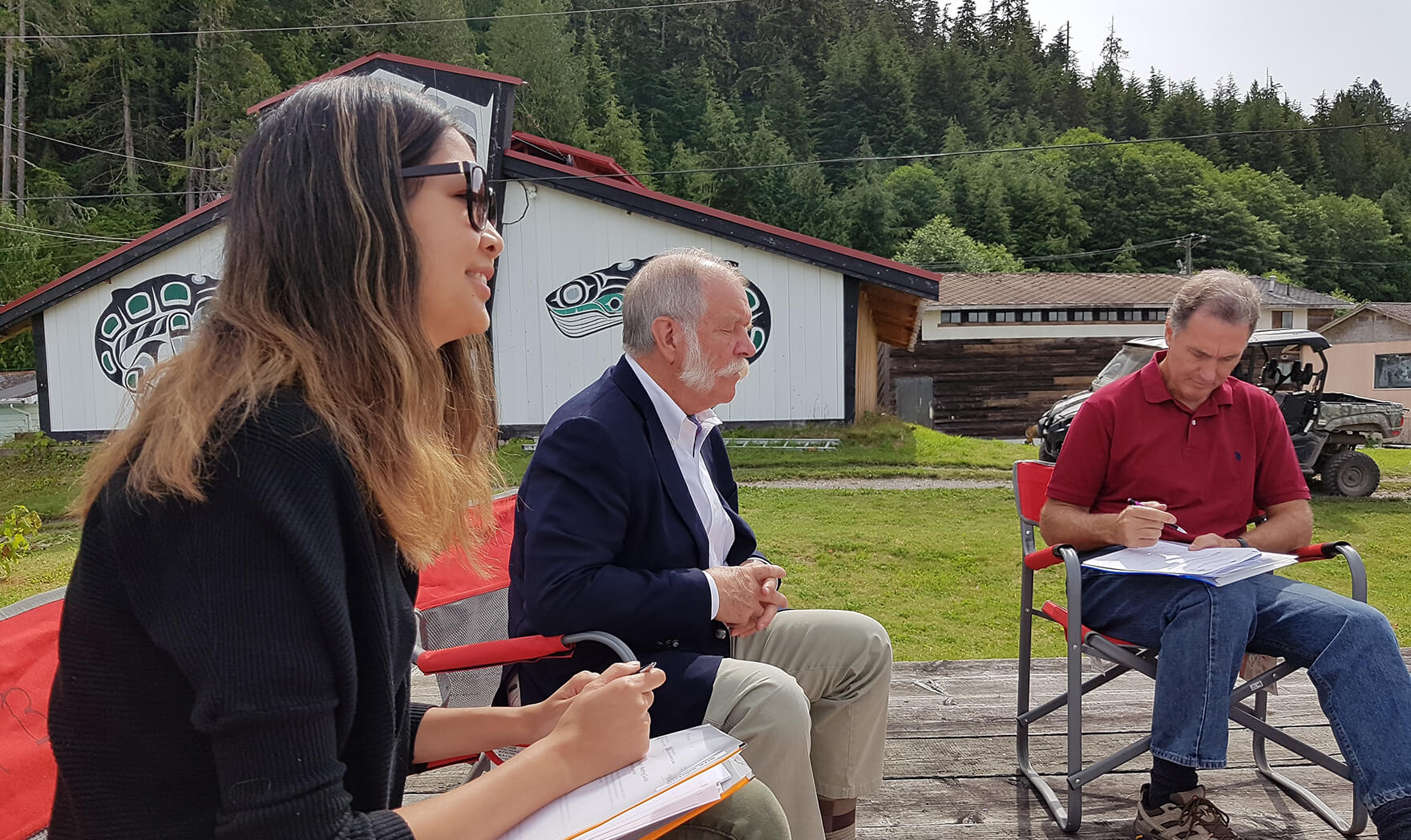The Transport initiative conducts research and advocacy on emergency medical transport in rural British Columbia. It works with rural physicians, the BC Ministry of Health, health authorities and communities to find ways to improve emergency medical transport to improve rural patients’ health outcomes.
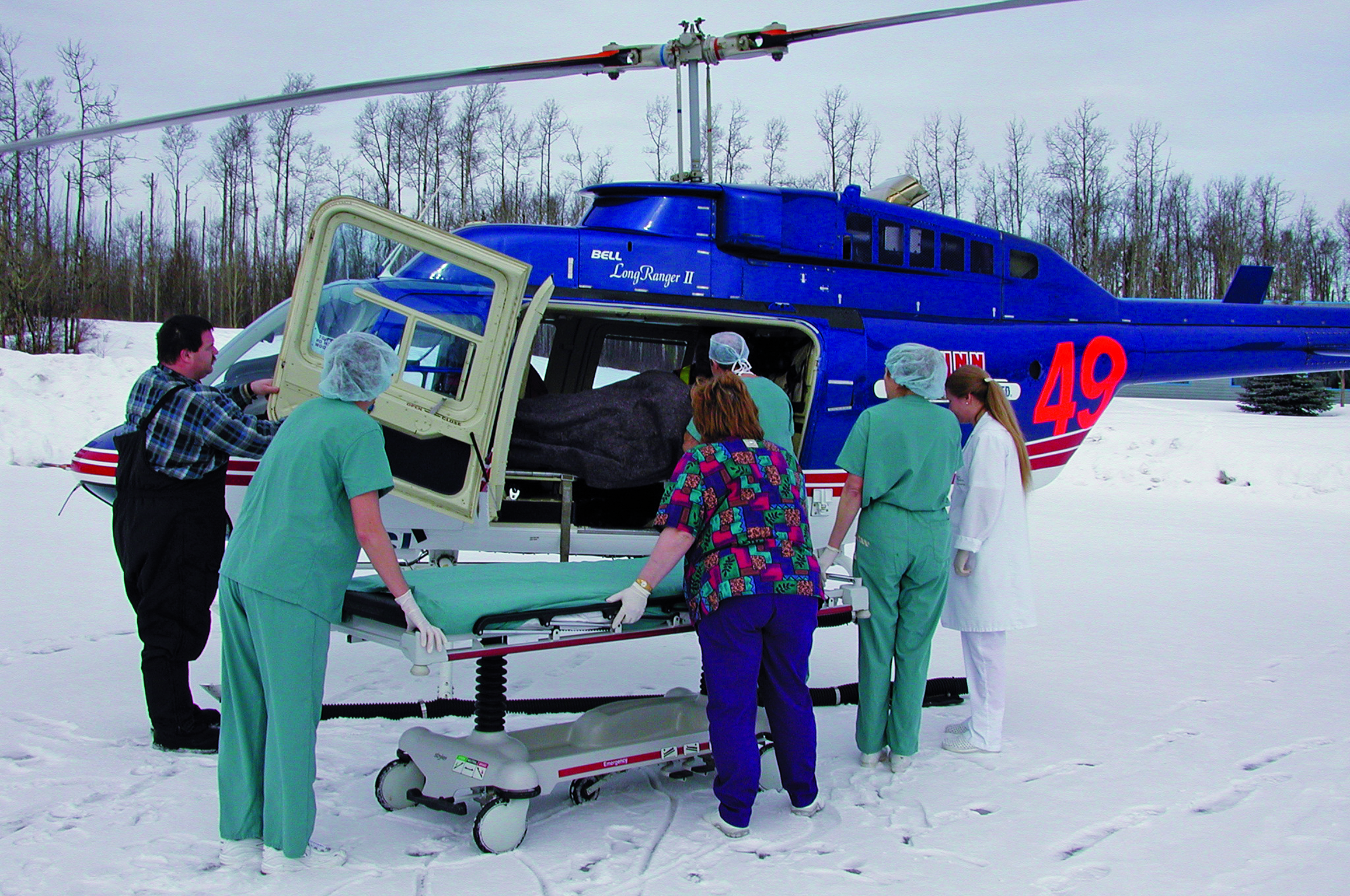
“Transport issues significantly impact access to appropriate care for rural patients. When rural health teams are unable to facilitate timely transport to definitive care for their patients, it’s incredibly stressful and demoralizing. In fact, transport is often a significant disincentive for rural physician retention.”
Dr. Trina Larsen Soles
Why patient transport matters
Emergency medical transportation is an ongoing challenge in rural and remote British Columbia. It’s a significant disincentive for the recruitment and retention of rural doctors. High–quality response to rural red or critical life or limb threatening calls and transportation to definitive care is a fundamental right of all British Columbians.
There are many transfers from rural and remote communities for medical emergencies, but they are often challenging and time-consuming for rural doctors or other health care providers to co-ordinate—and inconvenient, expensive and sometimes dangerous for patients and their families. Transportation is a complex phenomenon that is impacted by several factors, including the patient’s condition, services available in the rural or remote community, weather conditions and availability of air and ground transportation and staff.
See report:
Rural patient transport and transfer: Findings from a realist review
Benefits of the Transport initiative:
- Conducts research to fill the gap in available data on emergency transportation in rural communities
- Analyzes and advocates for health system changes to improve emergency transportation in rural communities, including the continuation of a provincially distributed model of transport resources with planes, helicopters and ambulances
- Provides a forum for rural health care providers to share their emergency transportation experiences, develop strategies for using emergency transportation and discuss provincial and national research projects other initiatives related to transport.





